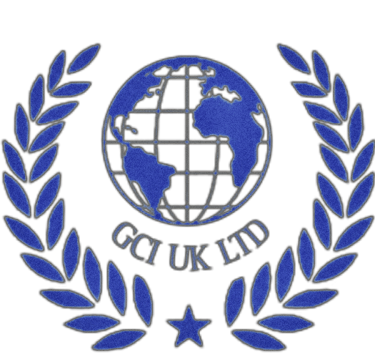ISO/IEC 27001
(Information security management)
IT security, cybersecurity and privacy protection are vital for companies and organizations today. The ISO/IEC 27000 family of standards keeps them safe.ISO/IEC 27001 is the world’s best-known standard for information security management systems (ISMS) and their requirements. Additional best practice in data protection and cyber resilience are covered by more than a dozen standards in the ISO/IEC 27000 family. Together, they enable organizations of all sectors and sizes to manage the security of assets such as financial information, intellectual property, employee data and information entrusted by third parties.
Why ISO 27001?
Secure information in all forms, including paper-based, cloud-based and digital dataIncrease resilience to cyber-attacksProvide a centrally managed framework that secures all information in one placeEnsure organization-wide protection, including against technology-based risks and other threatsRespond to evolving security threatsReduce costs and spending on ineffective defence technologyProtect the integrity, confidentiality and availability of data.
...
Like other ISO management system standards, certification to ISO/IEC 27001 is possible but not obligatory. Some organizations choose to implement the standard in order to benefit from the best practice it contains while others also want to get certified to reassure customers and clients. Read more about certification to ISO’s management system standards. ISO does not perform certification.Many organizations around the world are certified to ISO/IEC 27001. To find out more, visit the ISO Survey.
An ISMS may be certified compliant with the ISO/IEC 27001 standard by a number of Accredited Registrars worldwide. Certification against any of the recognized national variants of ISO/IEC 27001 (e.g. JIS Q 27001, the Japanese version) by an accredited certification body is functionally equivalent to certification against ISO/IEC 27001 itself.In some countries, the bodies that verify conformity of management systems to specified standards are called "certification bodies", while in others they are commonly referred to as "registration bodies", "assessment and registration bodies", "certification/ registration bodies", and sometimes "registrars". The ISO/IEC 27001 certification, like other ISO management system certifications, usually involves a three-stage external audit process defined by ISO/IEC 17021 and ISO/IEC 27006 standards:Stage 1 is a preliminary, informal review of the ISMS. For example there are checks for the existence and completeness of key documentation, such as the organization's information security policy, Statement of Applicability (SoA), and Risk Treatment Plan (RTP). This stage serves to familiarize the auditors with the organization and vice versa.Stage 2 is a more detailed and formal compliance audit, independently testing the ISMS against the requirements specified in ISO/IEC 27001. The auditors will seek evidence to confirm that the management system has been properly designed and implemented, and is in fact in operation (for example by confirming that a security committee or similar management body meets regularly to oversee the ISMS). Certification audits are usually conducted by ISO/IEC 27001 Lead Auditors. Passing this stage results in the ISMS being certified compliant with ISO/IEC 27001.Ongoing involves follow-up reviews or audits to confirm that the organization remains in compliance with the standard. Certification maintenance requires periodic re-assessment audits to confirm that the ISMS continues to operate as specified and intended. These should happen at least annually but (by agreement with management) are often conducted more frequently, particularly while the ISMS is still maturing.
OUR ADDRESS
England and Wales 28 BRUSHFIELD STREET LONDON ENGLAND E1 6AN
